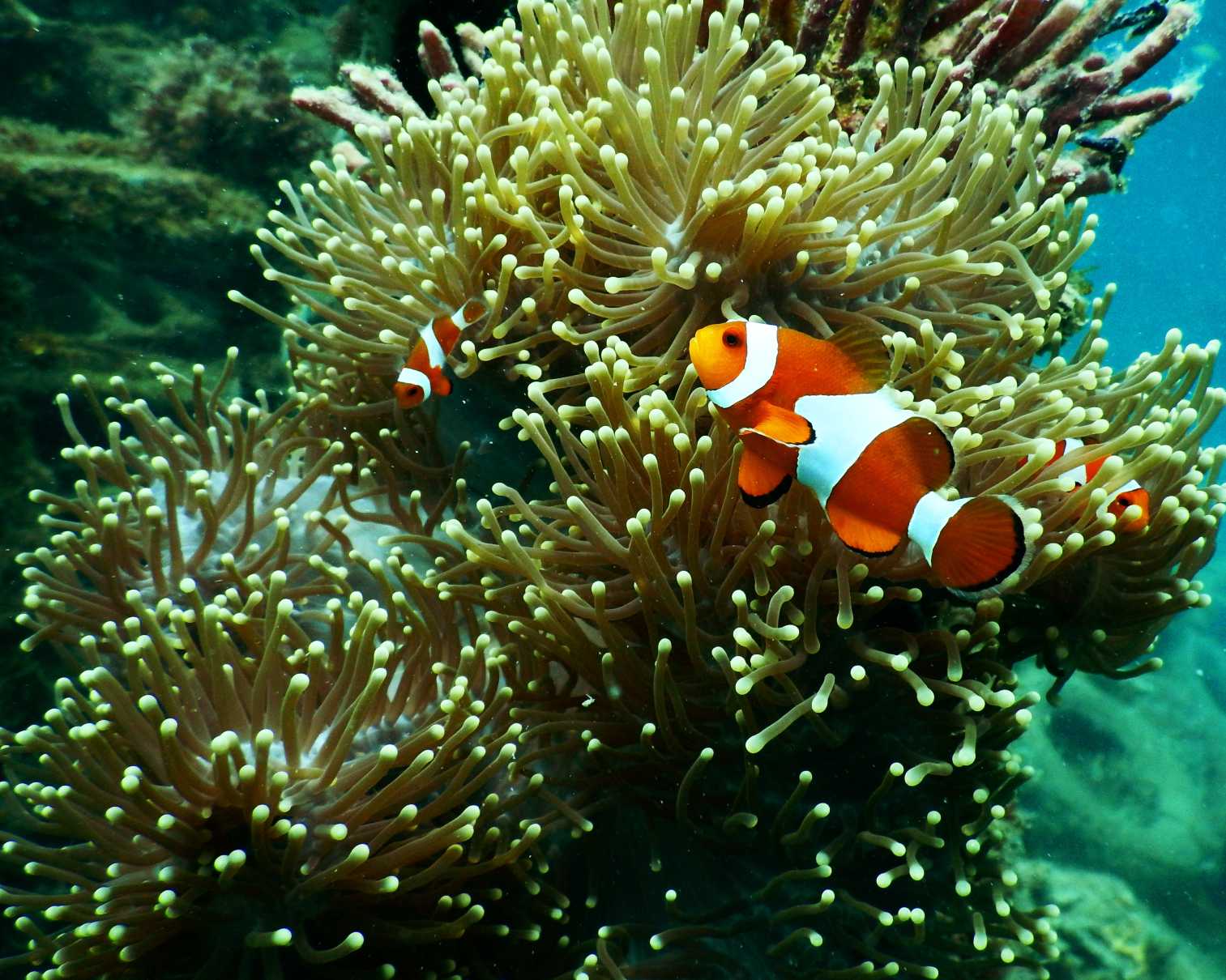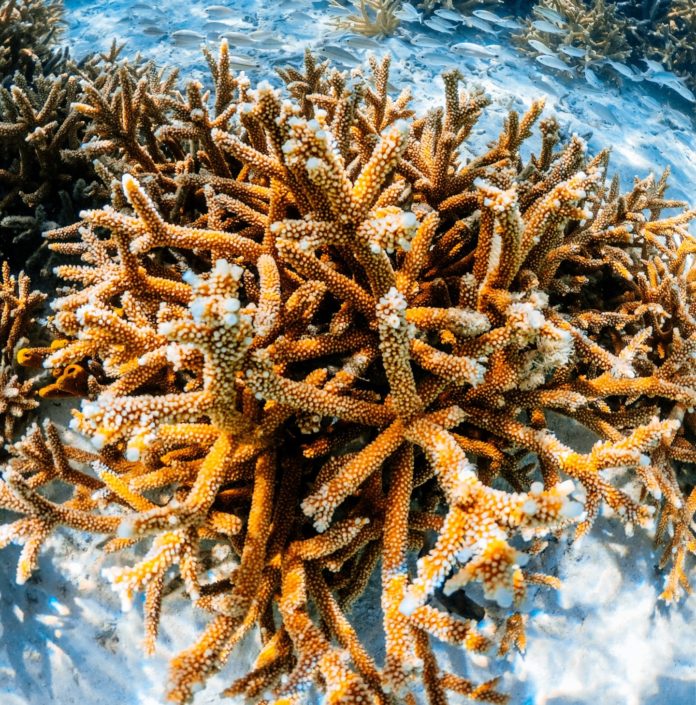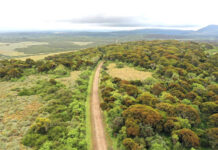By Clifford Akumu
Nairobi, Kenya: Approximately 14% of the world’s coral has been lost due to rising sea surface temperatures since 2009, a new report has warned.
This loss, says the report, equates to around 11,700 square kilometers of corals, more than all the living coral in Australia.
The report, titled, “Status of Coral Reefs of the World: 2020”, further detailed how coral reefs across the world are under relentless stress from warming caused by climate change and other local pressures such as overfishing, unsustainable coastal development, and declining water quality.
An irrevocable loss of coral reefs would be catastrophic, the UN report noted.
This is the sixth edition produced by the Global Coral Reef Monitoring Network (GCRMN) and provides a detailed scientific picture to date of the toll elevated temperatures have taken on the world’s reef, read part of the press release.

Although reefs cover only 0.2% of the ocean floor, they are home to at least a quarter of all marine species, providing critical habitat and a fundamental source of protein, as well as life-saving medicines.
It is estimated that hundreds of millions of people around the world depend on them for food, jobs, and protection from storms and erosion.
Inger Andersen, Executive Director of the UN Environment Programme (UNEP) which provided financial, technical, and communication support to the report urged world leaders to take bold steps to tame the tide.
“Since 2009 we have lost more coral, worldwide, than all the living coral in Australia. We are running out of time: we can reverse losses, but we have to act now. At the upcoming climate conference in Glasgow and biodiversity conference in Kunming, decision-makers have an opportunity to show leadership and save our reefs, but only if they are willing to take bold steps. We must not leave future generations to inherit a world without coral” says Inger.
However, the report also found that many of the world’s coral reefs remain resilient and can recover if conditions allow, providing hope for the long-term health of coral reefs if immediate steps are taken to stabilize emissions to curb future warming.
“This study is the most detailed analysis to date on the state of the world’s coral reefs, and the news is mixed. There are clearly unsettling trends toward coral loss, and we can expect these to continue as warming persists. Despite this, some reefs have shown a remarkable ability to bounce back, which offers hope for the future recovery of degraded reefs” says Dr. Paul Hardisty, CEO of the Australian Institute of Marine Science (AIMS).
“A clear message from the study is that climate change is the biggest threat to the world’s reefs, and we must all do our part by urgently curbing global greenhouse gas emissions and mitigating local pressures” he said.

The analysis which examined 10 coral reef-bearing regions around the world showed that coral bleaching events caused by elevated sea surface temperatures (SSTs) were the main driver of coral loss, including an acute event in 1998 that is estimated to have killed 8% of the world’s corals, which, to put this in context, is more than all the coral that is currently living on reefs in the Caribbean or the Red Sea and Gulf of Aden regions.
The longer-term decline was seen during the last decade coincided with persistent elevated SSTs.
“Coral reefs are so fragile and of such importance, are currently under serious threat. Ocean acidification, global warming, pollution. The causes of these threats are many and particularly difficult to address, insofar as they are extremely diffuse, and result from our entire development paradigm” said Albert II, Prince of Monaco.
Adding “We know that solutions exist that will help us to protect the corals more effectively, to mitigate the threats hanging over them and, by developing scientific research, to gain a better understanding of how we can save them” noted the Prince of Monaco .
The analysis investigates changes in the cover of both live hard coral and algae. Live hard coral cover is a scientifically based indicator of coral reef health, while increases in algae are a widely accepted signal of stress to reefs.
Since 1978, when the first data used in the report were collected, there has been a 9 percent decline in the amount of hard coral worldwide. Between 2010 and 2019, the amount of algae has increased by 20%, corresponding with declines in hard coral cover. This progressive transition from coral to algae-dominated reef communities reduces the complex habitat that is essential to support high levels of biodiversity.
The report also highlighted that although during the last decade the interval between mass coral bleaching events has been insufficient to allow coral reefs to fully recover, some recovery was observed in 2019 with coral reefs regaining 2% of the coral cover.
This indicates that coral reefs are still resilient and if pressures on these critical ecosystems ease, then they have the capacity to recover, potentially within a decade, to the healthy, flourishing reefs that were prevalent pre-1998.














